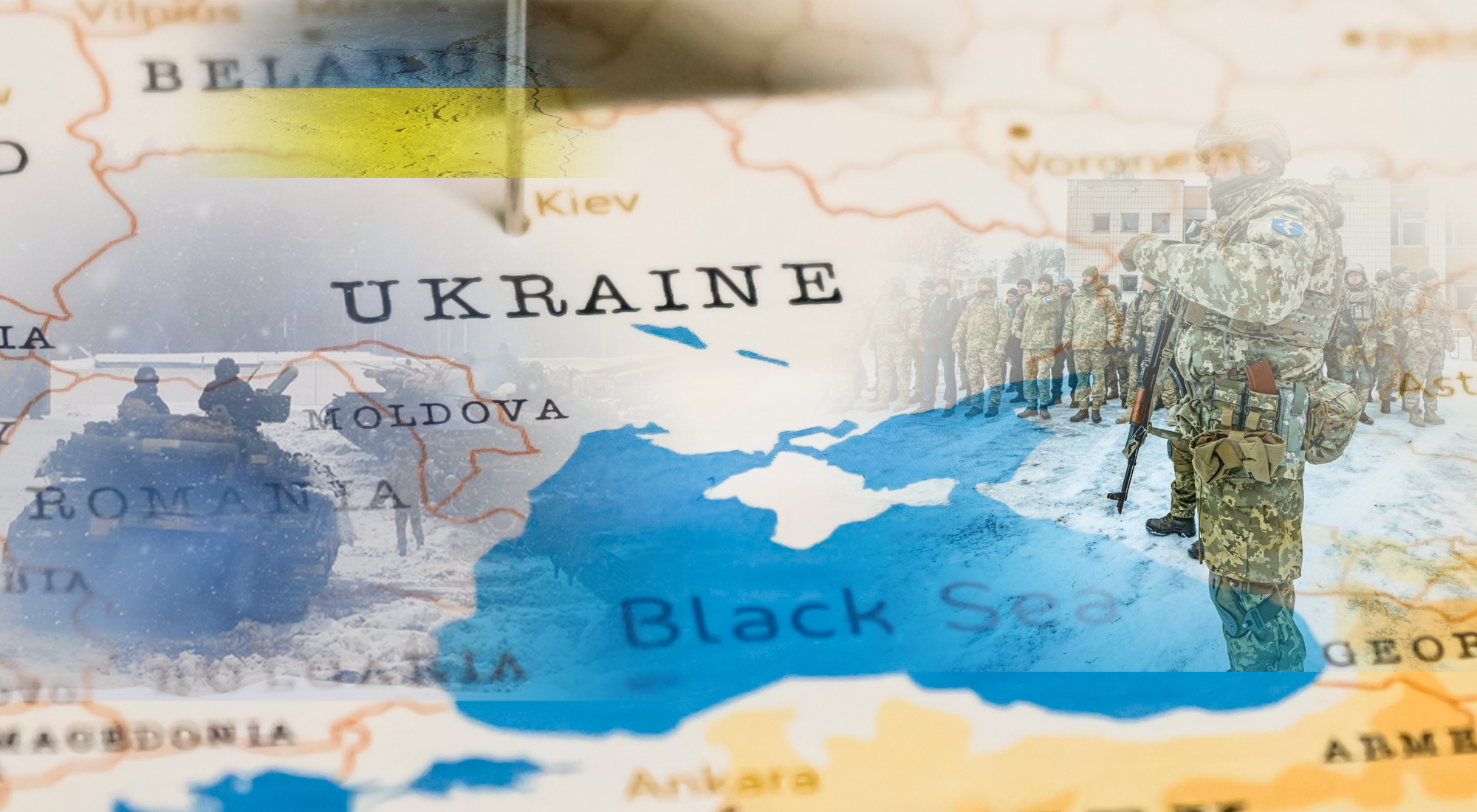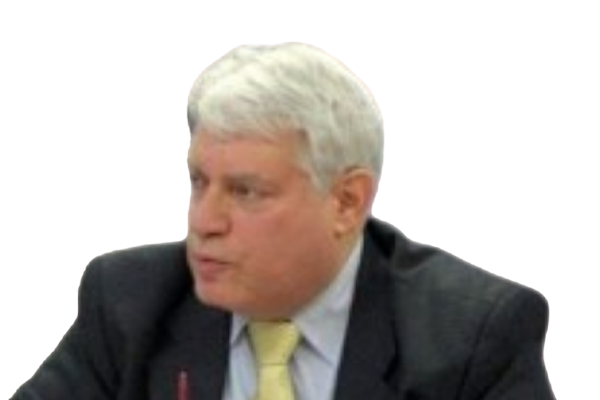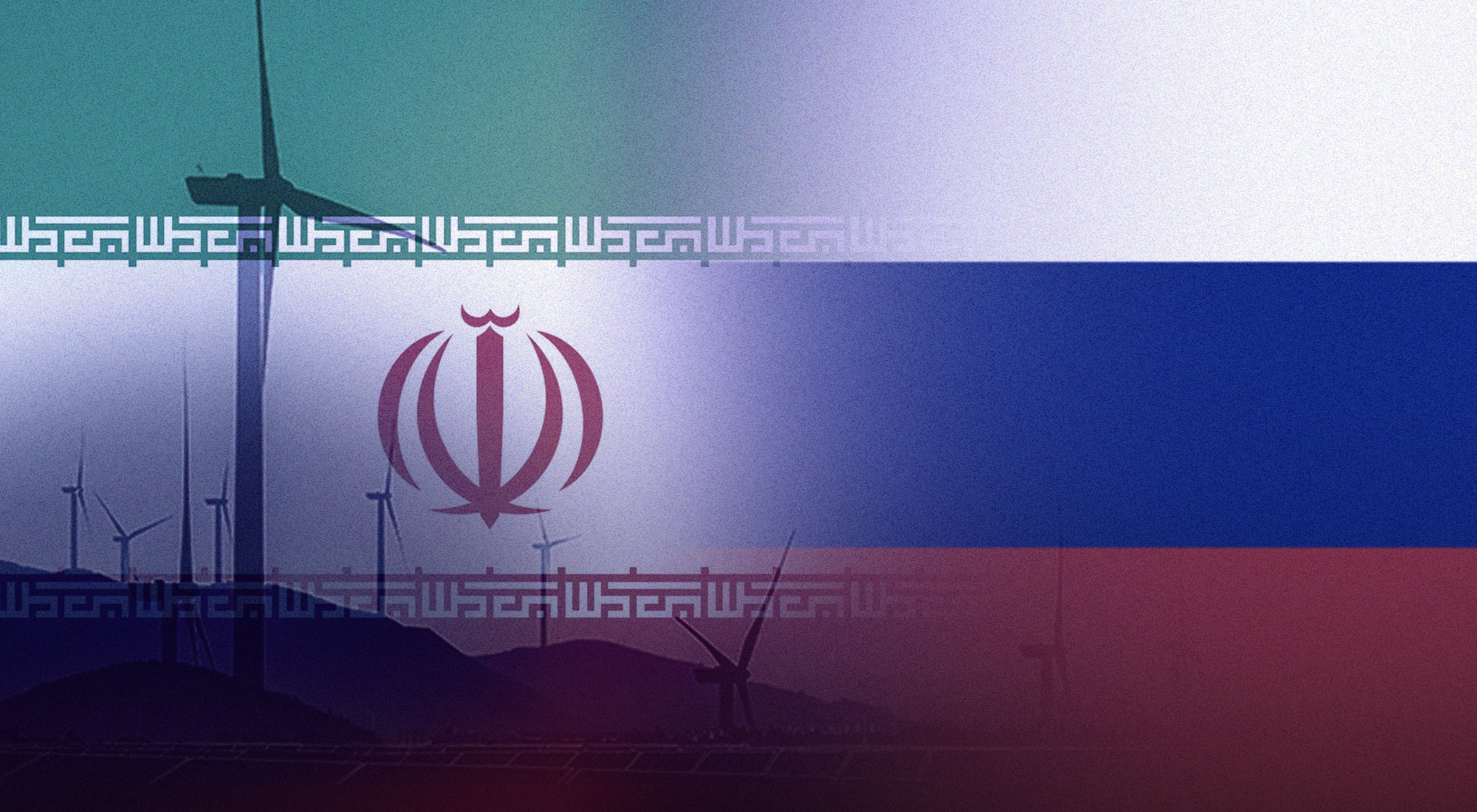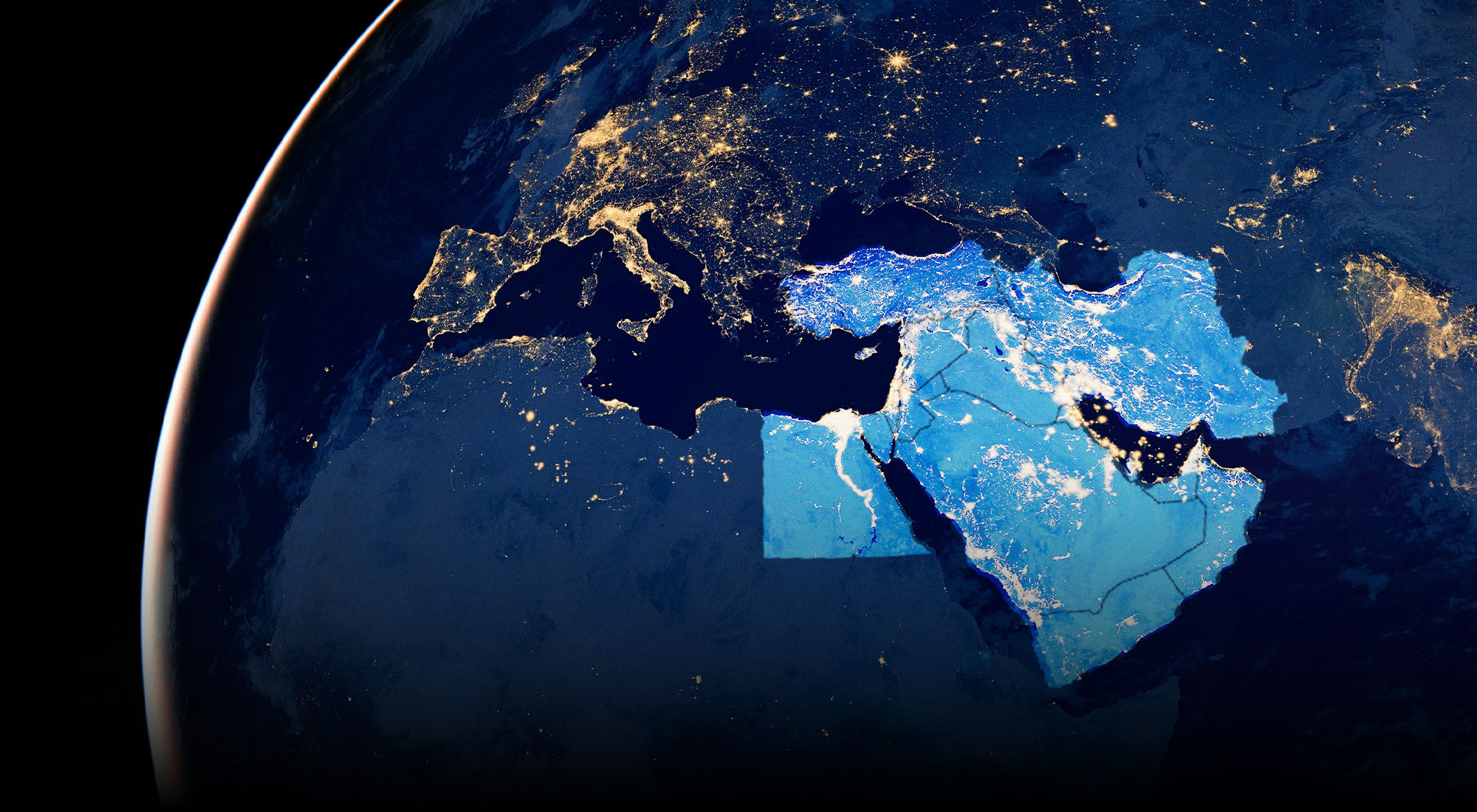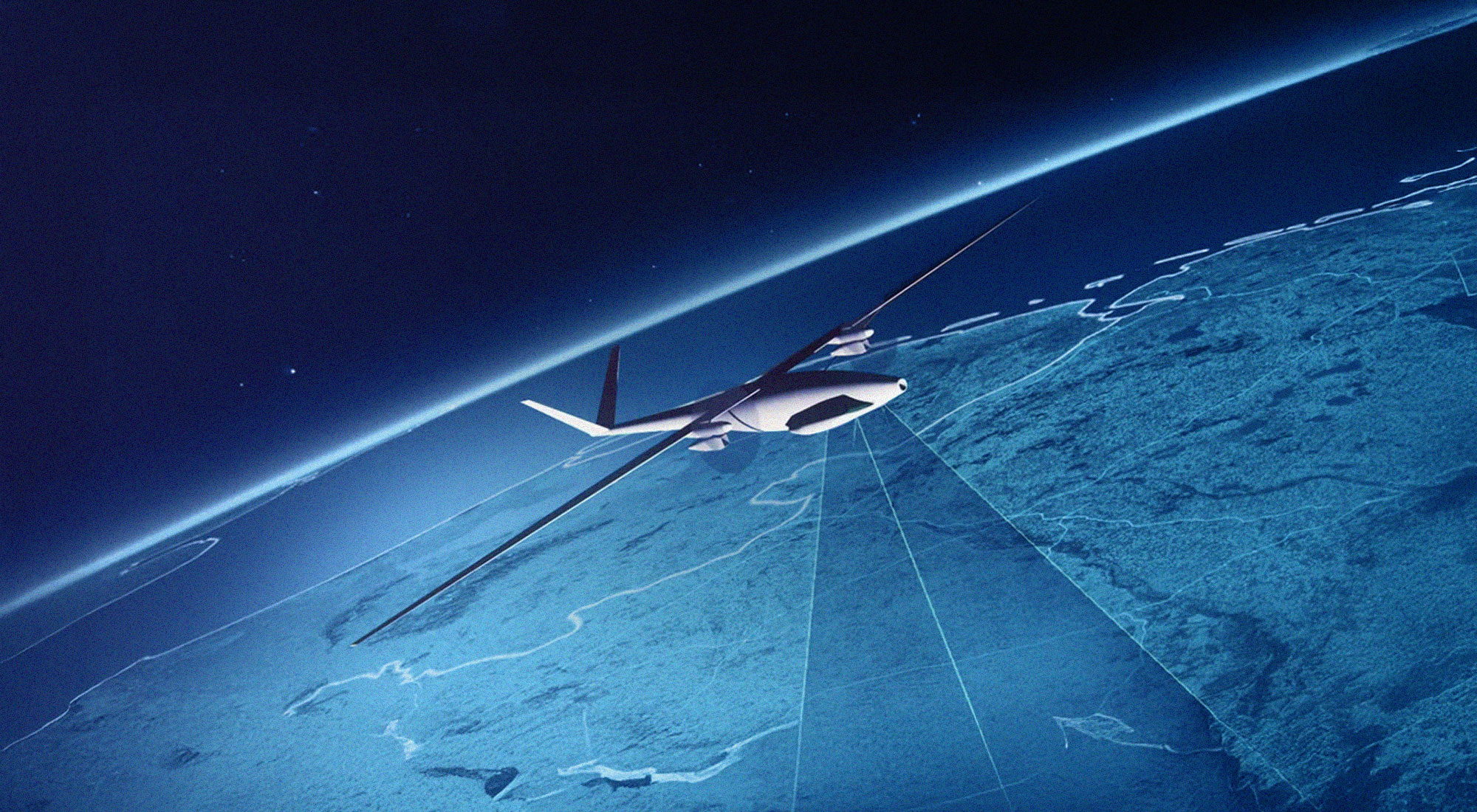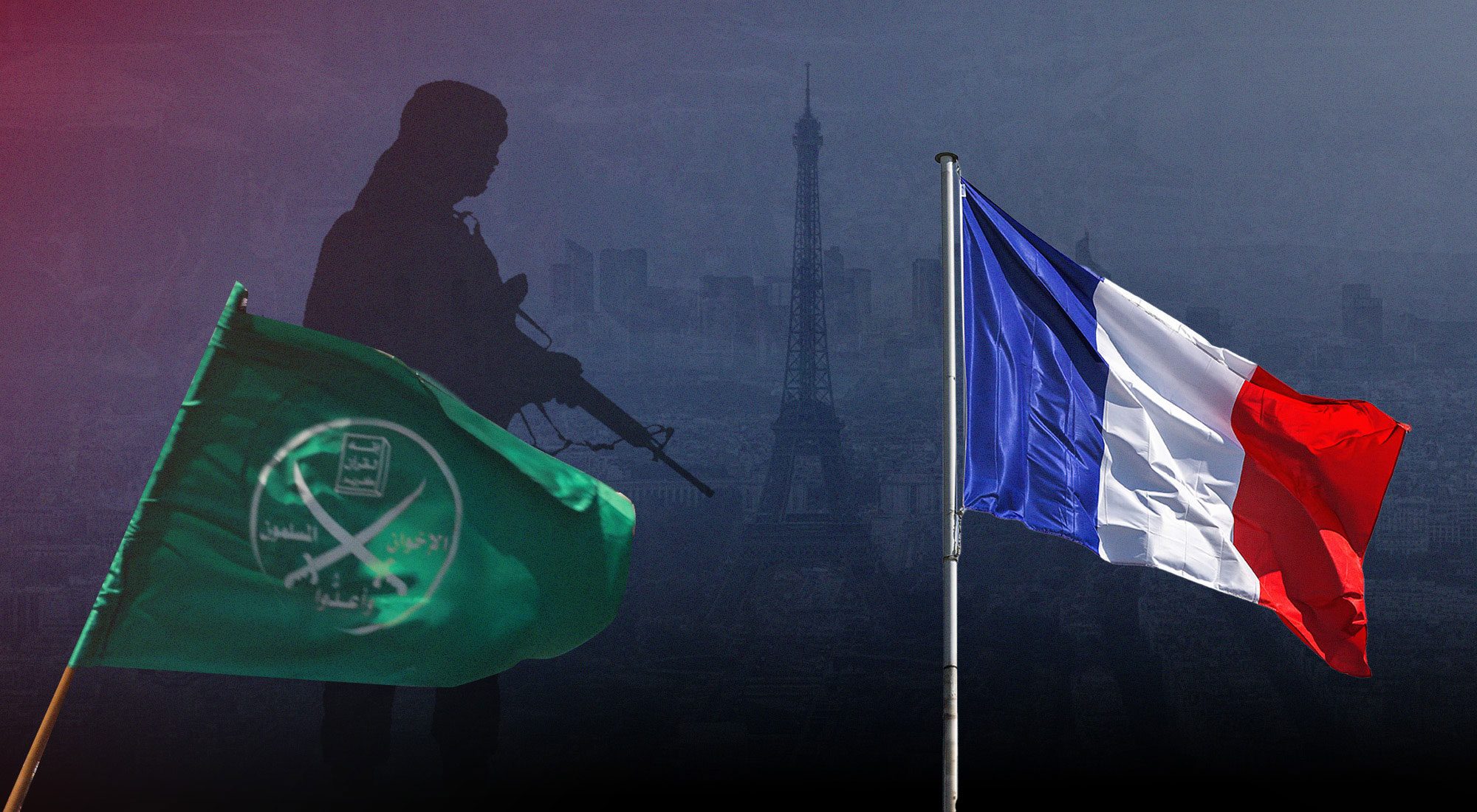It is either now or soon it could be zero hour for Russian troops to invade Ukraine. As of February 21, 2022, it is apparent that there have been no serious diplomatic initiatives to persuade Russia not to invade Ukraine, other than a possible Biden-Putin summit. Meanwhile, President Biden has already stated his belief that President Putin has decided to invade.[1] Therefore, a second Russian offensive – the first being Crimea and the Donbass in 2014 – appears imminent. The only alternative to this imminent war might be a Putin-Biden summit but, as of this writing, there has been no sign of this and so its potential cannot be assessed. In the meantime, Putin has announced his decision to recognize the Donetsk and Luhansk People’s Republics – established and occupied by Russian forces – as independent states, sending Russian forces into those provinces.[2] Further to this announcement, he passionately and violently denied Ukraine’s right to exist as a sovereign state, further fueling fears of an imminent war.[3] Yet by doing so, Putin undermined his own demand that Ukraine fulfill the Minsk accords of 2015 through Moscow’s ongoing refusal to implement the same accords. Though some regard this as a new escalation, this move may permit him to scale down the threat of war and its high risks to Russia while still claiming victory for his domestic audience.[4] While a renewed war would entail profound geopolitical repercussions, should war ensue it would in fact be a wholly fabricated war whose casus belli lies exclusively in the psyche of Putin and his circle, who can no longer rule Russia without the spectre of permanent war. Media subordinates, in total control of the Russian media, have made up all kinds of nonexistent threats such as a Ukrainian genocide of Russians, deployment of NATO missiles to Ukraine, and imminent membership of Ukraine in NATO to conjure up an imminent threat to Russia. This observation would also apply to the overall crisis even if war is averted. Putin will continue to paint Ukraine – which he still believes is not a real state – as the ‘bogeyman’ in order to impose a permanent state of siege inside Russia, and between Russia and the West.
We can say this with confidence by virtue of Russia’s unceasing efforts to conduct a false flag operation, as Putin likely did in 1999, when apartment buildings in Russia were mysteriously bombed, and as Hitler did in 1939. False flag operations are activities conducted by an aggressor acting in the guise of his intended victim to fabricate a pretext for war. False flag operations are used when there is no real casus belli and one must be manufactured in order to obtain domestic support for war.
Moscow’s demands were also clear because it has, for the last several months, presented them publicly and loudly in the form of ultimatums i.e. asserting that they could not be addressed to Moscow’s or anyone else’s satisfaction through diplomatic processes. Moscow demands that Ukraine and NATO formally reverse the 2008 decision, which made Ukraine eligible for eventual membership. Russia also demands that Ukraine promptly fulfil its obligations, even though Russia itself did not abide by the 2015 Minsk accords to end fighting during the initial invasion of Ukraine in 2014. Putin has made such demands without fulfilling his side of the accord just to arraign Ukraine, keep it under permanent pressure, and threaten the “secession” of the two provinces.[5]
Since these terms would force a revision of Ukraine’s constitution and convert it into a confederation—a kind of state that cannot enforce its sovereignty against determined neighbors—and thus undermine its sovereignty, if not its integrity. Moscow never fulfilled its end of the bargain and has now, by declaring Donetsk and Luhansk as independent states, revealed just how spurious its demands are.
Moscow’s demands also betray an intention to use Ukraine as a fulcrum upon which to destroy NATO and evict the U.S. from Europe – an old Soviet goal.[6] It also demands that no further states be admitted into NATO, that NATO withdraw all its military forces from states that joined after 1997 – i.e. Central and Eastern Europe – and that Washington renounce defense ties with Ukraine and Georgia. These demands, which were never meant to be presented as true negotiating points, are obviously unacceptable to Kyiv, Washington, and Brussels. They do, however, genuinely reflect Putin and his coterie’s objectives. Moreover, as Lawrence Freedman has now observed, “the issues at stake are so fundamental that they were never going to be handled by carefully crafted proposals that give away little while appearing generous. No set of institutions and agreements designed to deal with disputes of this kind, and stop them getting out of hand, could accommodate Russia in its current mood and sense of deep grievance, without jeopardizing the part of the European security system that is performing as it should at the moment – NATO.”[7]
Those close to Putin, mainly KGB veterans, have long proclaimed themselves to be at war with the West, not least over Ukraine, since their attempt to subvert it in 2004-05 failed.[8] Indeed, that is when they declared this war among themselves and the Russian military.[9] They believe the West to be decrepit, weak, and corruptible. Indeed, Russian diplomats have stated their belief that they can buy anyone they want in the West.[10] They do not fear sanctions since they expect them anyway, and previous sanctions have been exploited by them for their benefit and that of their families.
Thus, they and particularly Putin remain intent on preserving their power by any and all means, including outright war. Their goal is a reunified Russian empire, where Ukraine’s sovereignty is destroyed and its territory is either largely or wholly annexed to Russia, with Russia being recognized as a great power, i.e. empire. Putin, after all, has said on numerous occasions that the entire Soviet Union was “historical Russia.”[11] By the same token, he has also frequently argued that Ukraine is really Russia, therefore its independence and westward inclination represents both a repudiation of Moscow’s narrative of Russian history and, more to the point, of its rule. Further evidence of Putin’s intention to destroy any vestige of an independent Ukrainian state is discernible in the fact that Moscow plans to launch an extensive campaign of arrests and assassinations of any and all conceivable independent Ukrainian leaders after its expected victory.[12] That expected victory appears to entail an encirclement and ensuing occupation of Kyiv that will end any prospect of a Westernized Ukraine that Putin et al may well perceive as “a Western aircraft carrier parked just across from … southern Russia.”[13]
Ukraine’s repudiation of Russia, westward inclination, desire for membership in NATO and the EU, and its democracy, all of which Putin believes is fomented by the West, is particularly galling for several reasons. Putin and his entourage now believe that only by asserting Russia as a great power, i.e. empire, can they arrest the growing popular disaffection with the stagnant economy, Covid-19 pandemic, etc. and preserve their power. Moreover, Putin increasingly isolated in his palace “bunker” sees imperial restoration as his legacy and mission. It has long been the case that the structure of his autocracy – which ever more resembles that of his predecessors –incentivizes the structures of force (Silovye Struktury) to present fabricated worst-case scenarios or threat assessments that they know to be false or tailored to the boss’ prejudices.[14] And as regards Ukraine, the structures of force have diligently fulfilled the command for such tailored or faked threat assessments.[15] Putin thus evidently believes, against all reason, that Russian forces would be welcomed in Ukraine as “liberators”. At the same time, he apparently views this war as a “sacred responsibility” of his on behalf of Russia.[16]
But there are also deeper and tragically more irrational factors involved in this fabricated war for it is clear that Putin’s motives for this war reside in his 20 plus year obsession with recovering Ukraine and preserving his power and “legacy”. First, we must deal with the fabricated hysteria and obsessions now driving Russian policy. As many have pointed out, NATO membership is not an option for Ukraine.[17] The West does not control its government. There are no missiles in Ukraine. NATO is not threatening or trying to threaten Russia. Certainly, there is no “genocide” in the Donbas or anywhere else. Thus, there is no threat or casus belli justifying Russian actions. All these charges manifest Russia’s manufactured hysteria about Ukraine that reflects Putin and his entourage’s obsessions and irrationalities. In this context, we should remember that whenever Russia attributes negative behavior to its enemies, it is really revealing its own actual or impending behavior. In other words, Russia, like paranoiacs, is displaying a symptom of that disease, namely projection.
The penchant for projection reflects not only Putin’s obsession about the West and Ukraine, but also the institutionalized paranoia of his system that has restored much of the traditional autocratic state. Putin and his team are clearly and deeply aware of the fundamental illegitimacy of their position and power. To preserve their status they must restore the empire, the necessary corollary of autocracy in Russian history, and the accompanying belief or actual reality of permanent warfare with the West. An independent pro-Western Ukraine and, a fortiori, a NATO and/or EU member represents both a repudiation and permanent challenge to Putin’s projects. Hence the fabrication of a crisis in the belief that this will force the West to take Russia seriously and accept its self-valuation as a great power or empire. Ultimately, the real purpose of this endeavor is not only to restore the empire, but also to impress upon other audiences that Putin and his team’s hysteria and obsessions represent a reality to which they must accommodate themselves. This delusion resembles the Habsburg Empire’s obsession with proving itself as a great power in 1914, which ended tragically.
We can foresee another tragedy since neither Washington, nor NATO, nor the EU, nor any other European state accepts Russia’s demands, or self-valuation, for they all realize that to do so not only sacrifices Ukraine to Russian imperialism, but it also returns us to spheres of influence, the bipolarity of the Cold War, and even possibly a real war in Europe. They all clearly understand that acceptance of Russia’s demands would undermine their sovereignty and their security. Therefore, Putin has failed – though he probably does not accept this – to split the NATO alliance. If anything, Putin has generated a new spirit of solidarity among members, though he is likely betting on this being an evanescent sentiment that he can weaken after his expected victory.[18] NATO’s interests qua alliance are also clear. Under no circumstances will it accept formalized Russian vetoes over who may join or what NATO may do to defend its neighbors against threats to their security. Even those members who still cannot envision a militarized Europe will not accept those constraints upon NATO. Nevertheless, some European officials and governments apparently still take issue with American intelligence assessments of an imminent invasion.[19]
Many countries are still reluctant to impose truly stringent sanctions or even facilitate defense assistance for Ukraine’s defenses. This is particularly the case for Germany and Italy.[20] While the EU clearly wishes to expand its membership base, ultimately including Ukraine, and perceives itself as a beacon of democratic values, it has long been quite impotent regarding security issues. The behavior of Germany, France, and Italy – all of whom have tried to make independent deals with Moscow – reveals Russian successes that have encouraged Moscow to discount American or Western hostility in the aforementioned belief that they can buy back influence later.
It is the U.S. leadership role in NATO that explains the greater unity there. But even here, despite Washington’s opposition to the recrudescence of a Russian empire and determination to protect NATO as the key European security provider and main vehicle for U.S. leadership in Europe, it is unwilling – as are most NATO members – to flood Ukraine with weapons, particularly air defenses. This reluctance to act decisively against Moscow clearly drives Ukrainian President Zelensky’s rebukes of Western governments for their failure to assist Ukraine.[21] It is this absence of a genuine solidarity on the part of European states that enables Putin to believe that he ultimately can launch endless attacks on European governments, even in their home countries, and on the overall international order with impunity. Failure to impose draconian punishment upon Russia for its aggression against Ukraine in 2014 has helped bring us to this pass where European security as a whole, if not global order in general, is at stake.
The idea of a rules-based or liberal international order obviously strikes many as a fanciful, if not delusionary idea. But if we renounce that idea and order because of our fears of antagonizing Moscow and/or Beijing, then we will return to an international order that is Hobbesian, anarchic, and based on force. Russia’s state sponsored Valdai Club, issued a report in the wake of the original invasion of Ukraine called “New Rules or No Rules?” accurately depicting what awaits us if we fail to deter or defeat Russia’s impending aggression.[22] As Henry Kissinger states, when the international community’s strongest priority has been peace, it has then fallen victim to blackmailing states who use the threat of war to get their way.
This is what we now face. Nobody should have any illusions that Ukraine represents Putin’s last territorial demand in Europe. Russia’s demands indicate its ambition to restore the Cold War’s bipolarity in Europe, and simultaneously empire, without which its current Putinist system cannot survive. Russian officials and diplomats, since the 1990s, have regularly denied the integrity and sovereignty of every East European state, not just Ukraine.[23] For example,
In both Ukraine and Moldova, Russians push for federalization or “special status” formulas in the negotiation formats regarding these nations’ Russian-dominated breakaway regions – Donbas and Transnistria. Federalization projects on the conditions that could get the Kremlin’s backing would become an institutionally guaranteed lever for Moscow to influence and, whenever necessary, block independent policy-making in Ukraine and Moldova. In the case of Georgia, Russia pushes for Tbilisi to sign non-use of force agreements with Moscow’s proxy regimes in Abkhazia and Tskhinvali Region/South Ossetia in order to present them as sovereign international actors, undermine the concept of Georgia’s territorial integrity and avoid Russia itself being designated as a side of the conflict with Georgia.[24]
So we must take them, as do East European governments, at their word or ambition. Similarly, Putin and his subordinates have recently again raised the issue of deploying weapons and missiles in Latin America, specifically Cuba and Venezuela.[25]
Therefore, we stand at a crossroads. One way leads back to the rule of the jungle and the other preserves the idea of order where disputes, even serious ones, are resolved by diplomacy and negotiations. But we also have the ability to support Ukraine here. Putin evidently thinks he can either threaten or launch a “Blitzkrieg” and win everything he wants at minimal or bearable cost. But to many, if not most, outside observers he has seriously miscalculated because Ukraine will fight back making this a protracted war. And, in this context, Russian history teaches us that protracted war puts the stability of the state at serious risk. Can an isolated Russia, run by aging KGB veterans with blinkered knowledge of the outside world and presiding over a stagnant and worsening economy prevail under such circumstances? Only an uninformed and rash observer who is unfamiliar with Russian history would eagerly take this bet.
References
[1] “Citing U.S. Intelligence, Biden Says Putin Has Decided to Invade Ukraine,” The New York Times, Februry18, 2022, https://www.nytimes.com/live/2022/02/18/world/russia-ukraine-biden-putin.
[2] “Putin Told Scholz and Macron He Intends to Sign Decree Recognizing Separatist-Held Regions, Kremlin Says,” CNN, February 21, 2022, https://www.cnn.com/europe/live-news/ukraine-russia-news-02-21-22/index.html.; Rachel Bunyan and Nick Craven, “Putin Orders Troops Into Ukraine On ‘Peacekeeping Mission’: Russian leader Makes His Move Just Hours After Officially Recognizing Two Rebel-held Territories As Independent States As West Condemns ‘Breach Of International Law’ and Orders New Sanctions,” Daily Mail, February 21, 2022, https://bit.ly/3t1Utwn.
[3] “Russian President Putin Addresses Nation Following Security Council’s Meeting on Donbass,” Sputnik, February 21, 2022, https://www.youtube.com/watch?v=lJl6u13LqeQ.
[4] “Escalating crisis, Putin Recognizes Breakaway Territories in Ukraine as Independent,” Politico, February 21, 2022, https://politi.co/352XnsS.
[5] Ibid
[6] Robert Schroeder, “Putin’s Ambitions Are Bigger Than Ukraine, Says Fiona Hill: ‘He Wants To Evict the United States From Europe’,” MSN, January 25, 2022, https://bit.ly/36pFbKc.
[7] Lawrence Freedman, “Putin, NATO and European Security,” Comment Is Freed, February 20, 2022, https://samf.substack.com/p/putin-nato-and-european-security?utm_source=url.
[8] Alexander Gabuyev, “Alexander Gabuev Writes From Moscow On Why Vladimir Putin and His Entourage Want War,” The Economist, February 19, 2022, https://econ.st/3seJpwX.
[9] M.A. Gareyev, Srazheniya na Voenno-Istoricheskom Fronte, Moscow: ISAN Press, 2010, p. 729 cited in MG I.N. Vorob’ev (RET) and Col. V.A. Kisel’ev (Ret), “Strategies of Destruction and Attrition,” Moscow, Military Thought, in English, No. 1, 2014, January 1-2014-March 31, 2014.
[10] Blake Hounshell and Leah Askarinam, “Explaining Putin’s Decades-Long Obsession With Ukraine,” The New York Times, February 18, 2022, https://www.nytimes.com/2022/02/18/us/politics/putin-ukraine.html.
[11] “Putin Laments Soviet Breakup As Demise Of ‘Historical Russia,’ Amid Ukraine Fears,” Radio Free Europe/Radio Liberty, December 13, 2021, https://www.rferl.org/a/putin-historical-russia-soviet-breakup-ukraine/31606186.html.
[12] Amy Mckinnon, Robbie Gramer, and Jack Detsch, “Russia Planning Post-Invasion Arrest and Assassination Campaign in Ukraine, U.S. Officials Say,” Foreign Policy, February 18, 2022, https://foreignpolicy.com/2022/02/18/russia-ukraine-arrest-assassination-invasion/.
[13] Sebastien Roblin,”Russia’s Military Plan For A War On Ukraine: An Attack On Kyiv?” 1945, January 29, 2022, https://www.19fortyfive.com/2022/01/russias-military-plan-for-a-war-on-ukraine-an-attack-on-kyiv/; Eugene Rumer and Andrew S. Weiss, “Ukraine: Putin’s Unfinished Business,” Carnegie Endowment for International Peace, November 12, 2021, https://carnegieendowment.org/2021/11/12/ukraine-putin-s-unfinished-business-pub-85771.
[14] Pavel Felgenhauer, “Russia’s Imperial General Staff,” Perspective 16, No. 1 (October-November 2005), https://open.bu.edu/handle/2144/3628.
[15] Sarakashi Rai, “Ukraine Dismisses Russian Claims of Attacks on Separatists Backed by Moscow,” The Hill, February 21, 2022, https://bit.ly/3LVzxzH.
[16] David Ignatius, “Opinion: The Crisis in Ukraine Is One for the History Books,” The Washington Post, February 8, 2022, https://www.washingtonpost.com/opinions/2022/02/08/ukraine-crisis-biden-history-deterrence/.
[17] Ajeet Kumar, “German Chancellor Says Ukraine’s NATO Membership ‘Not on Agenda’ Amid Tensions with Russia,” Republic World, February 19, 2022, https://bit.ly/36F0RlX.
[18] Steven Erlanger, “Fear of Russia Brings New Purpose and Unity to NATO, Once Again,” The New York Times, January 14, 2022, https://www.nytimes.com/2022/01/14/world/europe/nato-russia-ukraine-europe.html.
[19] Souad Mekhennet, Karoun Demirjian, Ellen Nakashima, John Hudson, and Shane Harris, “Zelensky Rips the West For Inaction As Shelling Makes Russia-Ukraine War Seem Increasingly Imminent,” The Washington Post, February 19, 2022, https://www.washingtonpost.com/national-security/2022/02/19/ukraine-russia-munich-zelensky/.
[20] Holly Ellyatt, “Germany Urged to ‘Wake up’ over Ukraine-Russia Crisis, before It’s Too Late,” CNBC, February 7, 2022, https://www.cnbc.com/2022/02/07/germany-forced-to-defend-itself-over-ukraine-crisis.html.
[21] Mekhennet et al.
[22] Fyodor Lukyanov and Ivan Krastev, “New Rules Or No Rules?” XI Annual Valdai Discussion Club Meeting Participants’ Report, Valdai Club, March 2015, https://valdaiclub.com/files/11484/.
[23] James Sherr, Hard Diplomacy and Soft Coercion: Russia’s Influence Abroad (London: Chatham House, 2013), 61-62; Susan Stewart, “The EU, Russia and a Less Common Neighborhood,” SWP Comments (Stiftung Wissenschaft Und Politik), January 2014, 2-3; Stephen Blank, ”The Values Gap Between Moscow and the West: the Sovereignty Issue,” Acque et Terre, No. 6 (2007), 9-14 (Italian), 90-95 (English).
[24] “David Batashvili, Ed., “Russia’s Geostrategic Activities in Eastern Europe,” Georgian Foundation for Strategic and International Studies, September 14, 2020, 9.
[25] Trevor Filseth, “Russia Threatens to Deploy ‘Military Infrastructure’ to Cuba and Venezuela,” The National Interest, January 18, 2022, https://bit.ly/3H8ugkQ.



